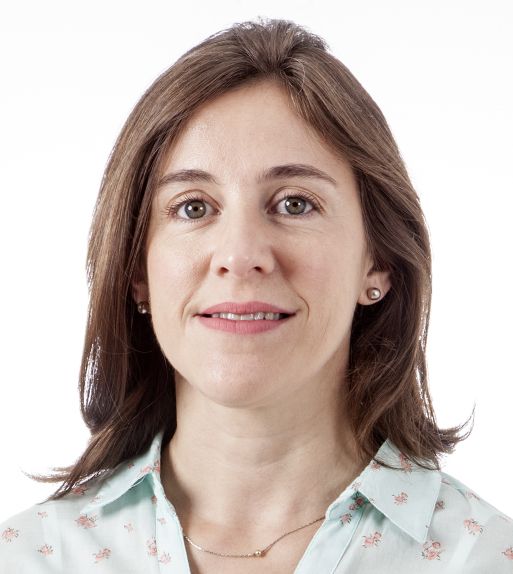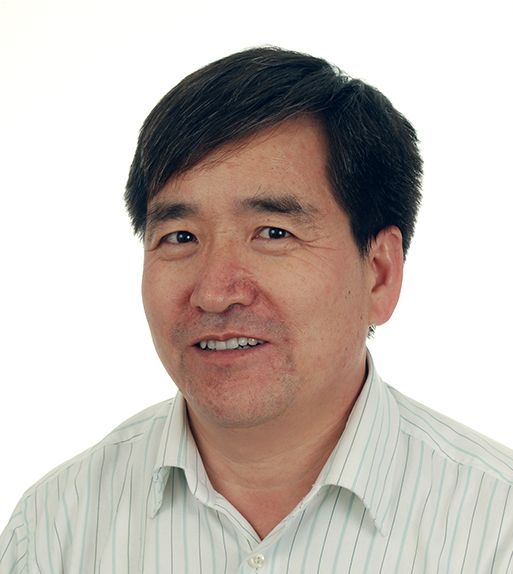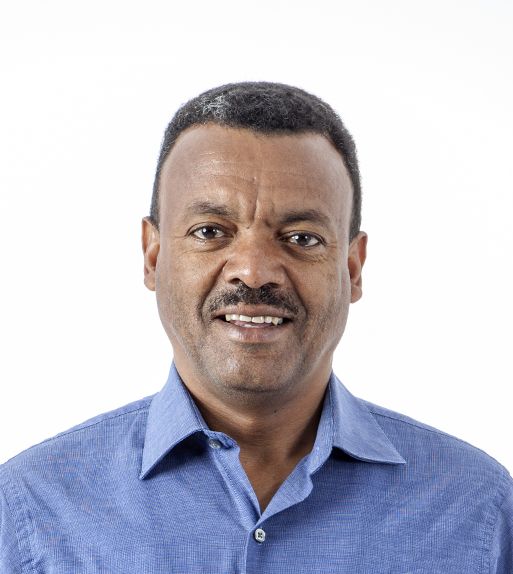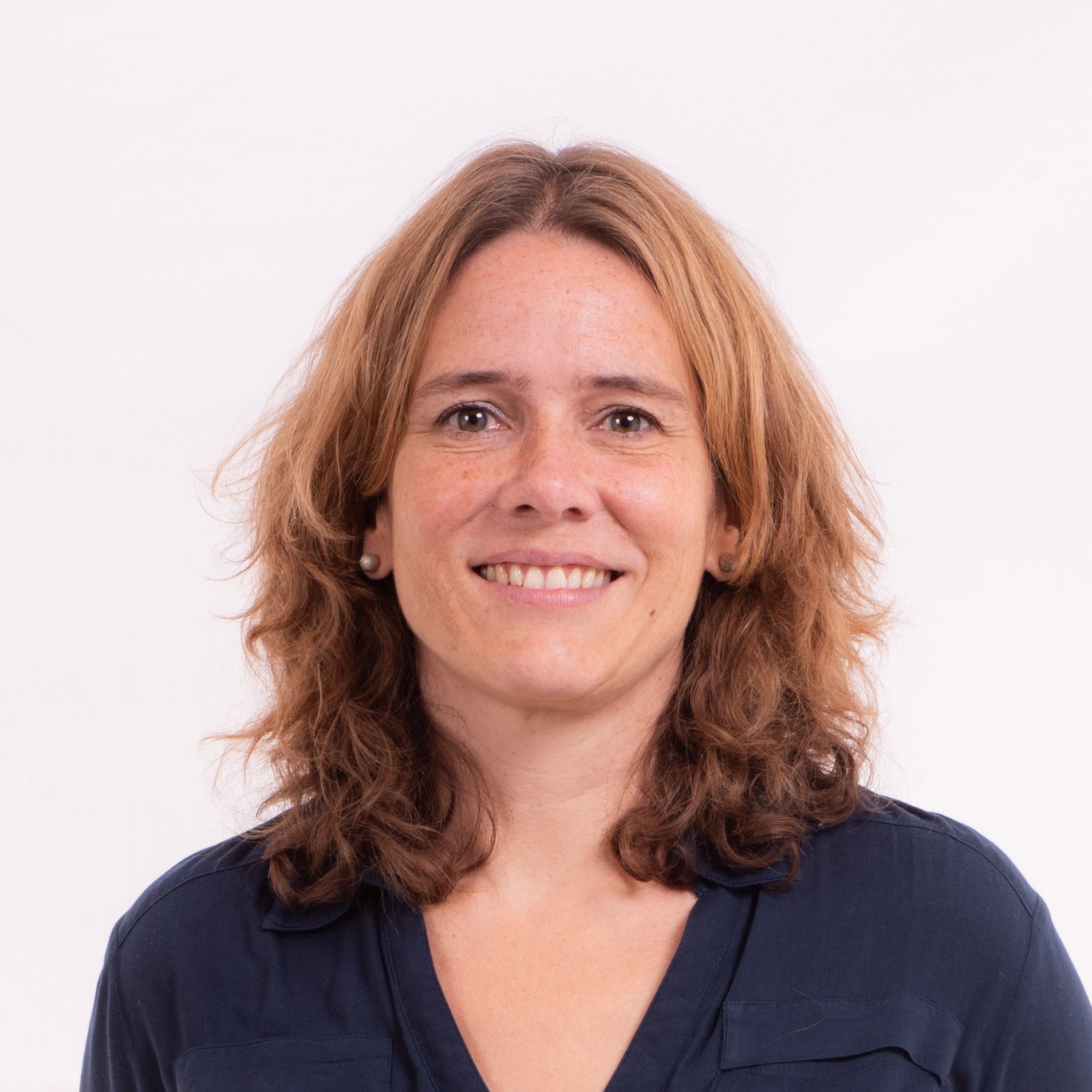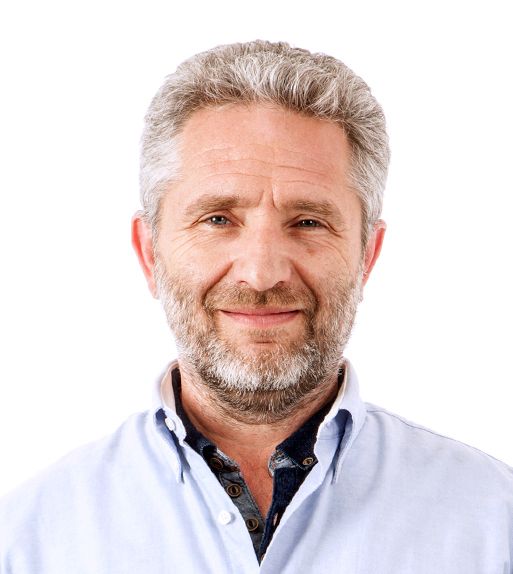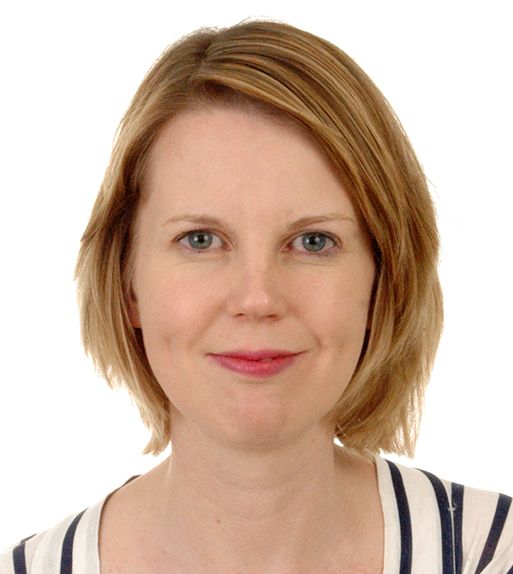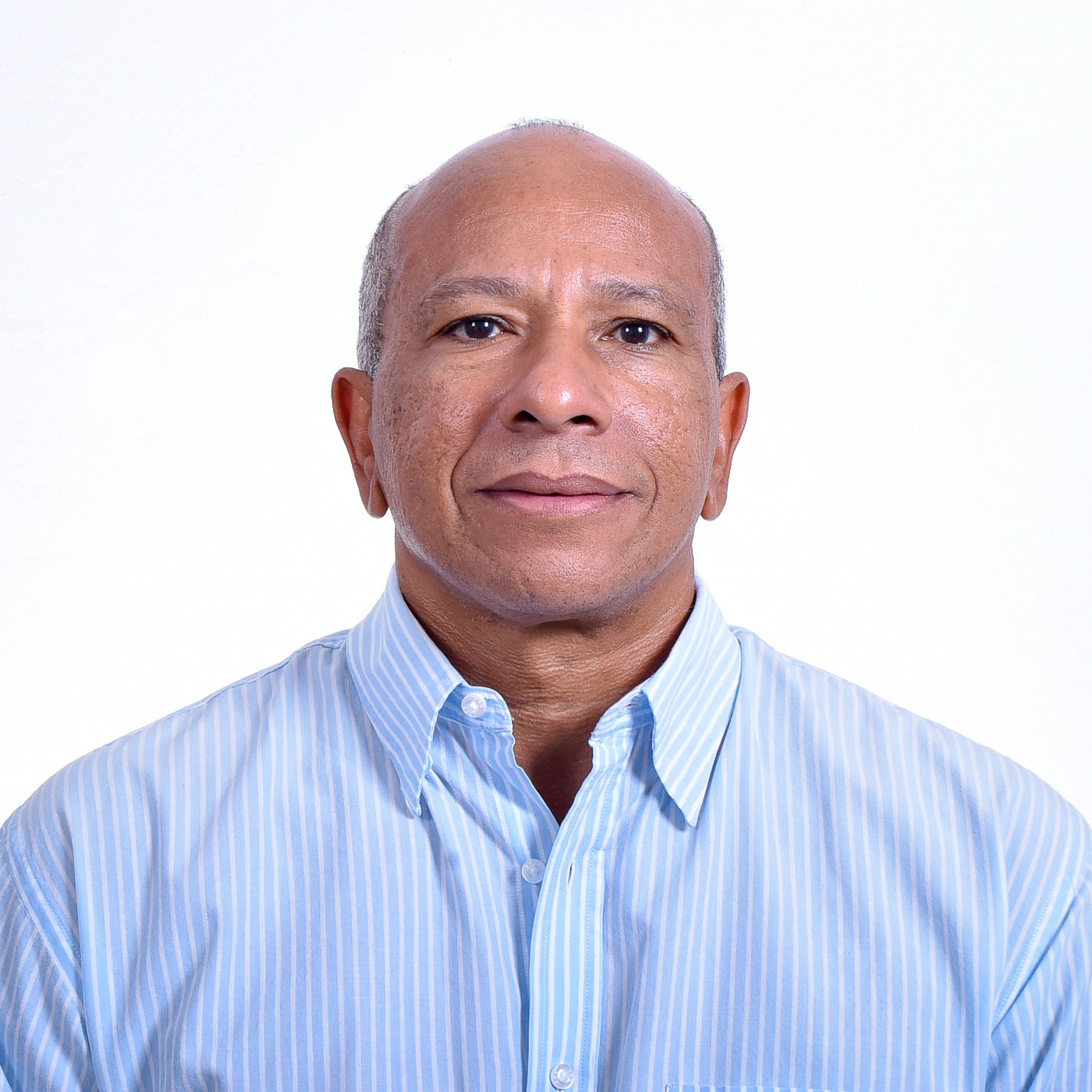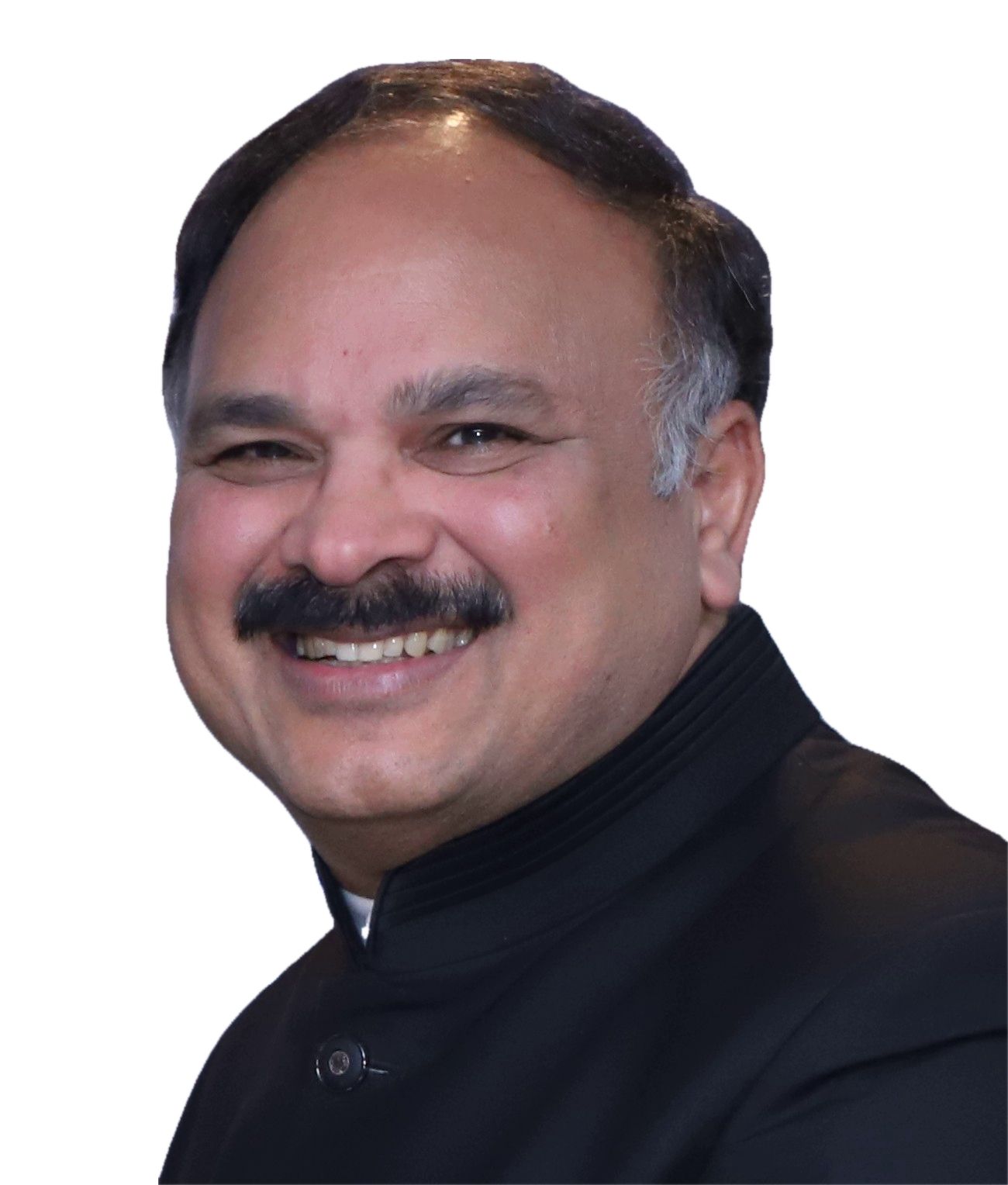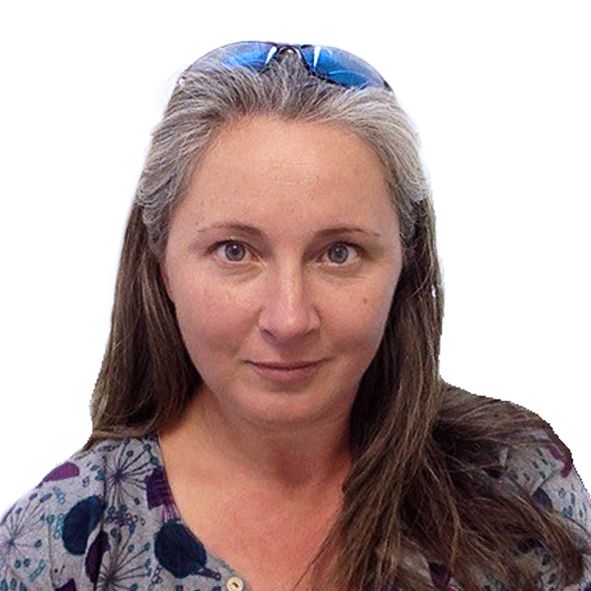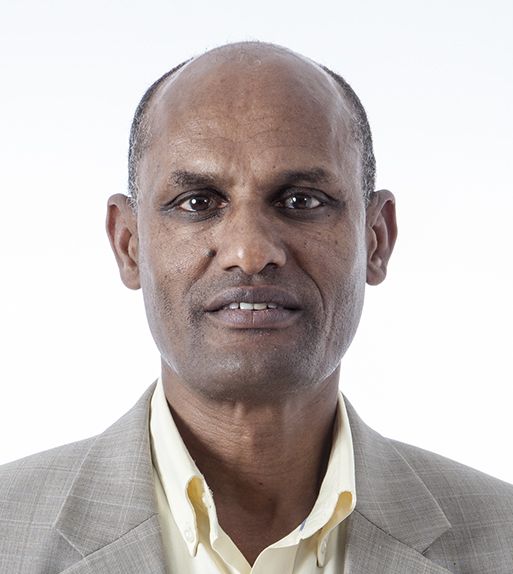Carolina Paola Sansaloni
Carolina Sansaloni is a molecular geneticist and leader of the Genetic Analysis Service for Agriculture, a high throughput genotyping platform managed by CIMMYT’s Seeds of Discovery initiative that uses Diversity Arrays Technology. She regularly contributes to projects that have strategic significance in wheat pathology, disease resistance, quality, functional genomics and bioinformatics.
Sansaloni also works on the wheat Global Diversity Analysis, which characterizes and analyses seeds in genebanks at CIMMYT and the International Center for Agricultural Research in Dry Areas (ICARDA). Her team has characterized around 100,000 wheat accessions, including more than 40 species that represent 40 percent of the CIMMYT genebank and almost 100 percent of the ICARDA ‘s genebank wheat collection. This is an incredible and unique resource for wheat scientists that provides a genetic framework to help select the most relevant accessions for breeding.
